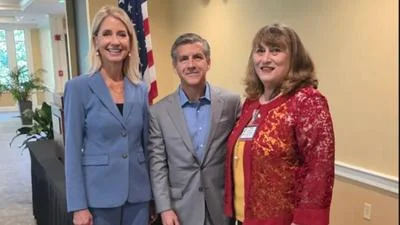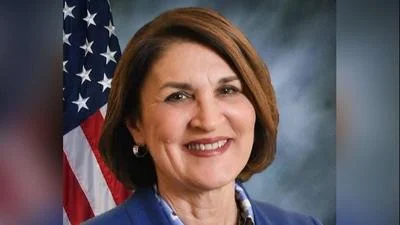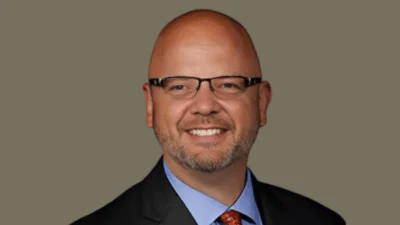pixabay.com
pixabay.com
Illinois has an incredible abundance of redundant local government that is primarily focused on administrative salaries rather than benefiting taxpayers in any meaningful way, Jose Sanchez told a House Committee of the Whole before the end of the spring legislative session.
Any real push toward consolidation will have to wait until the fall, however, as House Bill 4067 did not get taken up in regular session or the special session that followed and concluded with Illinois' first state budget in two years.
"HB4067 empowers voters to begin streamlining units of local government by setting clear requirements for ballot referenda," Sanchez said. "In addition, HB4067 would remove a restriction limiting townships to 126 square miles. The bill also would allow township road districts to be abolished by public referenda. Lastly, HB4067 also would expand the Local Government Reduction and Efficiency Division of the Counties Code to all counties."

Jose Sanchez, BGA Policy Analyst
| Photo credit: Jose Sanchez
Sanchez is a policy analyst with the Better Government Association (BGA), which posted a record of the proceedings on its website.
The meeting was chaired by Rep. Sam Yingling (D-Grayslake) and included Carol Portman, president of the Taxpayers Federation of Illinois, Aaron Lawlor, chairman of the Lake County Board, and Sanchez.
Sanchez listed BGA's findings of ways the state is overspending on units of government, the BGA website reported.
"As you know, Illinois has more than 7,000 units of government, more than any other state nationwide and more than New York and Florida combined," Sanchez said. "Over the years, we have seen cases of Cook County townships that were spending only a fraction of their tax revenues on services and programs, while much of the money went to administration, including inflated salaries. For example, one suburban township spent almost 45 percent of its budget on salaries, while spending 5 percent on state-mandated help for the poor."





 Alerts Sign-up
Alerts Sign-up